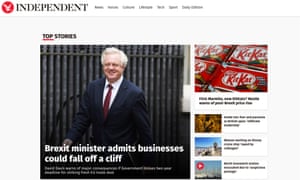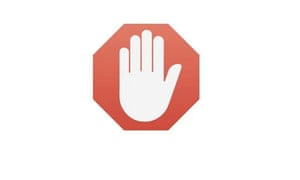1) In my opinion I partly disagree. For starters the main reason I would disagree would be accessibility. In this case the news should be a very accessible source of information so that the audience are informed. This would be because if they would need to know what it happening in their local area, they can just read what is happening. Having a paywall restricts the amount of people who read the stories that the BBC produce. In this case there has been the different sorts of places that might also look into it. However the contrary to this argument of whether it should be paid for is that being informed should be something that an audience is willing to pay for. This would be because of decline of newspapers as they transition to digital media. in this case journalism isn't as rewarding as it used to be. Therefore paying for a news service could also help with journalism as it could increase the amount of journalism since this is lowering over time. I think that it should be paid for. Although people may not be willing to pay the BBC for something that was offered for free for many years, they may see this as a cash grab.
2) Rupert Murdoch may be right in having to have his content behind a paywall. This would be because it presents that there are people willing to subscribe to digital news. From this it could also try and recover from the financial losses that they have made with still distributing newspapers. Although this might also help financially, this would also look into how there might be a decrease in the online readers.
3) Favour - "What the management of MailOnline have done is show that the free model might just work ever so slightly, but probably not in a robust, profitable way. What News UK have shown is that they can move over paying customers, and keep a healthy ratio of decent content to preserve the brand equity."
I partially agree with this statement as this looks to take the business perspective of the subscription programme. I partially agree because it does have a valid point of potentially working. Although I disagree as it just talks about the free model.
Against - "It is so ridiculous if these mainstream newspapers believe that they can "force readership of fee-based news. One can get the same "news" for free almost anywhere on the internet. I'd take a hint from the alternative free weeklies that survive just off their local advertising. I don't think anyone would read them otherwise. These papers are full of paid advertising. The fee model will never work.
Jerry Harris"
In my opinion my agree with this comment because it focus on how free content would transition behind a paywall. This does take the perspective of someone who seems to understand an audience who don't like paywalls.
4) The main reason why The Evening Standard would be the anomaly in this case wold be because of the customers that are willing to pay for the service that they offer. In this case since the Evening Standard is available through print, the increase in distribution which would also make it more accessible to its customers.
5) In my opinion, I think that the print platform will eventually die out. This would mainly be because of how it isn't as rewarding as it would be. In this case there would be media outlets such as the internet which has made the news free for everyone to access. Since it is free people wouldn't be willing to pay for the service since they are so used to it being offered for free. However if there is a paywall, there could be a negative backlash for the distributors of the digital news content since they might be considered "money greedy". However this could also financially help them since they might have a strong readership that are willing to subscribe to their content.




